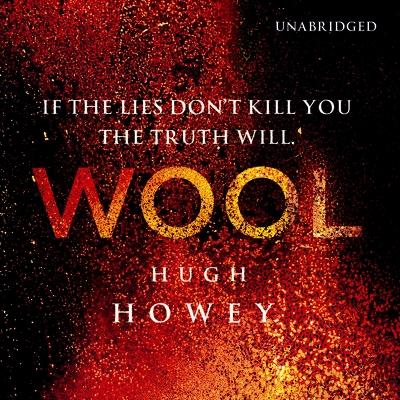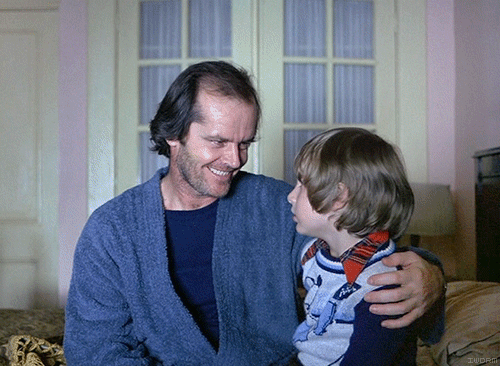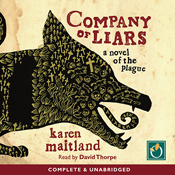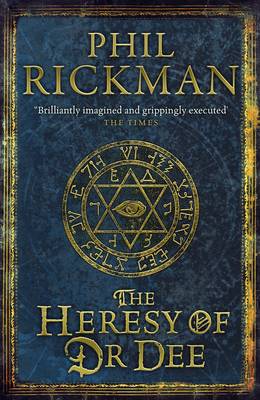“And perhaps there is a limit to the grieving that the human heart can do. As when one adds salt to a tumbler of water, there comes a point where simply no more will be absorbed.” ― Sarah Waters, The Little Stranger
"The subliminal mind has many dark, unhappy corners, after all. Imagine something loosening itself from one of those dark corners. Let's call it a--a germ. And let's say conditions prove right for that germ to develop--to grow, like a child in the womb. What would this little stranger grow into? A sort of shadow-self, perhaps: a Caliban, a Mr Hyde. A creature motivated by all the nasty impulses and hungers the conscious mind had hoped to keep hidden away: things like envy, and malice, and frustration..." ― Sarah Waters, The Little Stranger
Those of you who are partial to a little Downton Abbey may quite like this spooky piece of fiction. This book is set shortly after the first world war. We're introduced to an England that is licking its wounds, an England that has been victorious but found themselves in a worse state than during the war. The festivities have passed and the sons of Britain have made their slow way back.
Waters introduces us to an old aristocratic family. A family that is falling apart. Their estate is crumbling around them, they have no money left and the Master of the house is the only man and has come back from the war with nervous problems and probably post-traumatic stress disorder.
The Audiobook
I was pleasantly surprised by the narrator in this novel. It was narrated by Simon Vance, and I honestly felt that I wouldn't be able to enjoy his narration. He is a well paced, even quite slow but he does the voices pretty well and I found his voice to be perfectly suited to the voice of Dr Faraday. I'm not sure that he will be everybody's cup of tea, but I was whisked away to post-war England!
The Story
This is a story written, at least in my opinion, in the 19th Century Gothic vein. I've seen much discussion with people disputing this, but although the setting is a modern one, I feel that Waters uses conventions that are so recurrent in the genre. Conventions such as pathetic fallacy and personifcation (the attribution of human feelings upon inanimate objects or animals), weather features greatly within this novel as does the personification of the crumbling house. We are introduced to Dr Faraday who is the narrator of the novel and so the once removed narrator we often find in Gothic novels eg. Dracula, Wuthering Heights, The Woman in Black etc. Dreams also feature within the novel (which may also be a clue to the ending... but shhhhh... I can't give anything away!) as they do in pretty much every Gothic novel I've read. Ambiguity, a feeling of dread, the supernatural and damsel in distress are all found within this novel, and so I'll contest that this is a Gothic novel and that it does mimic literature from the 19thC.
Anywho... now that my false little essay is done, I'll move on! Haha!
So, we have the narrator Dr. Faraday from a working class background. His parents worked hard to make sure he could go to a fantastic university and become a doctor. Although Dr Faraday is a successful doctor he is aware that he has been unable to break in to treating the gentry.
His chance comes though, when an emergency at Hundreds Hall calls him out. The house had once been an important part of the community but the war had left both the family and the estate in tatters, not to mention the class system and society in general. Dr Faraday's mother had previously been employed at the house and so he has memories of visiting it as a child. Now though, as an adult, he returns to the hall and becomes close to the family.
Things start to happen at the hall, strange things, and Dr Faraday plays the ultra cynical and logical narrator. How reliable he is... I'm not quite sure, but that's for you to come up with your own conclusions.
I thoroughly enjoyed this book, and it was great to return to the Goth genre and seeing it done so well. The first couple of hours of the book were hard to get in to, but I recommend it none-the-less. If you can get past those it is pedal to the metal and if you're lucky you'll get as many bouts of goosebumps that I did!
P.s. I'm currently laptopless, so I'm afraid my access to the blog has been hindered! Please bare with me during this technical hitch!
"The subliminal mind has many dark, unhappy corners, after all. Imagine something loosening itself from one of those dark corners. Let's call it a--a germ. And let's say conditions prove right for that germ to develop--to grow, like a child in the womb. What would this little stranger grow into? A sort of shadow-self, perhaps: a Caliban, a Mr Hyde. A creature motivated by all the nasty impulses and hungers the conscious mind had hoped to keep hidden away: things like envy, and malice, and frustration..." ― Sarah Waters, The Little Stranger
Those of you who are partial to a little Downton Abbey may quite like this spooky piece of fiction. This book is set shortly after the first world war. We're introduced to an England that is licking its wounds, an England that has been victorious but found themselves in a worse state than during the war. The festivities have passed and the sons of Britain have made their slow way back.
Waters introduces us to an old aristocratic family. A family that is falling apart. Their estate is crumbling around them, they have no money left and the Master of the house is the only man and has come back from the war with nervous problems and probably post-traumatic stress disorder.
The Audiobook
I was pleasantly surprised by the narrator in this novel. It was narrated by Simon Vance, and I honestly felt that I wouldn't be able to enjoy his narration. He is a well paced, even quite slow but he does the voices pretty well and I found his voice to be perfectly suited to the voice of Dr Faraday. I'm not sure that he will be everybody's cup of tea, but I was whisked away to post-war England!
The Story
This is a story written, at least in my opinion, in the 19th Century Gothic vein. I've seen much discussion with people disputing this, but although the setting is a modern one, I feel that Waters uses conventions that are so recurrent in the genre. Conventions such as pathetic fallacy and personifcation (the attribution of human feelings upon inanimate objects or animals), weather features greatly within this novel as does the personification of the crumbling house. We are introduced to Dr Faraday who is the narrator of the novel and so the once removed narrator we often find in Gothic novels eg. Dracula, Wuthering Heights, The Woman in Black etc. Dreams also feature within the novel (which may also be a clue to the ending... but shhhhh... I can't give anything away!) as they do in pretty much every Gothic novel I've read. Ambiguity, a feeling of dread, the supernatural and damsel in distress are all found within this novel, and so I'll contest that this is a Gothic novel and that it does mimic literature from the 19thC.
Anywho... now that my false little essay is done, I'll move on! Haha!
So, we have the narrator Dr. Faraday from a working class background. His parents worked hard to make sure he could go to a fantastic university and become a doctor. Although Dr Faraday is a successful doctor he is aware that he has been unable to break in to treating the gentry.
His chance comes though, when an emergency at Hundreds Hall calls him out. The house had once been an important part of the community but the war had left both the family and the estate in tatters, not to mention the class system and society in general. Dr Faraday's mother had previously been employed at the house and so he has memories of visiting it as a child. Now though, as an adult, he returns to the hall and becomes close to the family.
Things start to happen at the hall, strange things, and Dr Faraday plays the ultra cynical and logical narrator. How reliable he is... I'm not quite sure, but that's for you to come up with your own conclusions.
I thoroughly enjoyed this book, and it was great to return to the Goth genre and seeing it done so well. The first couple of hours of the book were hard to get in to, but I recommend it none-the-less. If you can get past those it is pedal to the metal and if you're lucky you'll get as many bouts of goosebumps that I did!
P.s. I'm currently laptopless, so I'm afraid my access to the blog has been hindered! Please bare with me during this technical hitch!



































